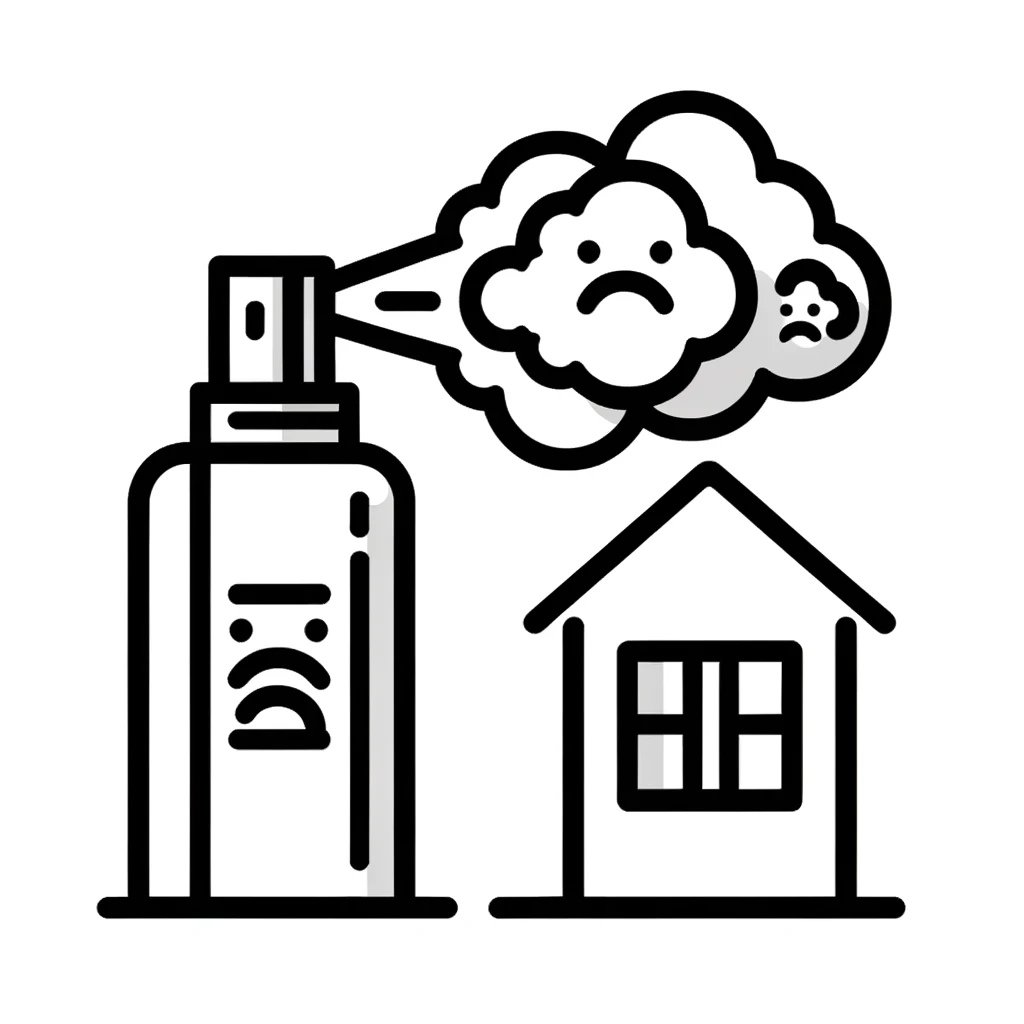We love smelling good, but that fresh scent might be harming your air quality.
Perfumes, cleaning products, and air fresheners often hide a less pleasant secret – they pollute your home.
Fragrances Release VOCs: What You Need to Know
These products release VOCs (Volatile Organic Compounds) into the air. VOCs evaporate easily, becoming airborne chemicals that you breathe in every day. These chemicals pose risks:
- Trigger headaches and nausea
- Worsen allergies and asthma
- Irritate eyes, nose, and throat
- Release harmful secondary pollutants
@IaqWorks Do you have any info on the degree to which perfume/fragrance/scent causes indoor air pollution? #carcinogens #neurotoxins
— Perfume.Info (@realPerfumeInfo) February 14, 2024
“Natural” Fragrances Can Still Harm Your Air: Here’s Why
The idea of “natural” fragrances sounds healthy and safe, but the reality is often different.
Even products labeled “all-natural” or “green” can emit significant levels of VOCs.
Here’s why:
- Essential oils are potent: Even though they come from plants, essential oils are highly concentrated substances. This means they contain an abundance of volatile compounds that easily evaporate and contribute to VOC levels.
- Lack of regulation: The term “natural fragrance” isn’t strictly regulated. Companies can use it even if their product contains a mix of natural and synthetic ingredients. There’s no guarantee that a “natural” product is safer.
- Hidden ingredients: The complexity of natural scents makes it difficult for manufacturers to list every single compound. Some of these can be potential irritants or sources of VOCs.
The Bottom Line
Don’t fall for the “natural” equals “safe” trap when it comes to fragrance. If you’re concerned about air quality, choose unscented options or fragrance products with transparent ingredient lists.
How to Reduce Fragrance Pollution in Your Home
Don’t despair! You can reduce indoor fragrance pollution.
Here’s how:
- Choose unscented products whenever possible
- Ventilate well after using scented products
- Absorb odors naturally with baking soda
- Create gentle scents by simmering citrus or spices
- Read labels to track VOC content
Fragrance Sensitivity: Why It Matters
Everyone reacts differently to fragrances.
What’s “no big deal” for you might seriously bother someone else. Being mindful of those around you matters.
The “So What?”
Fragrances add up to a major source of indoor air pollution.
Choosing wisely and using ventilation helps you protect your health and the health of others.
Want to Know More?
- Environmental Protection Agency (EPA):
- National Institutes of Health (NIH) – PubMed:
Enjoy those lovely scents, but do so mindfully!



